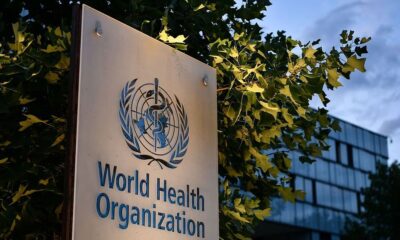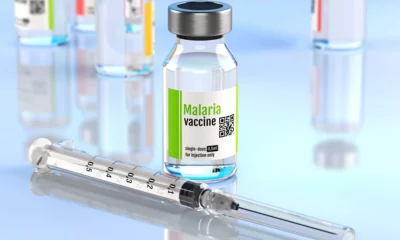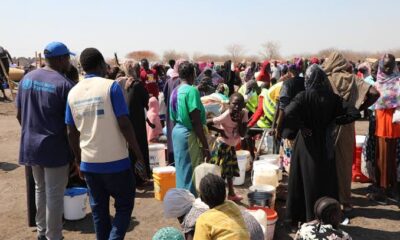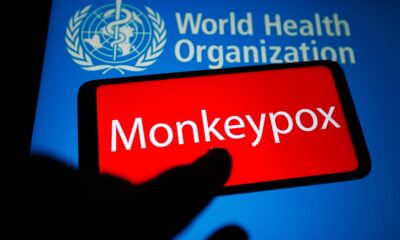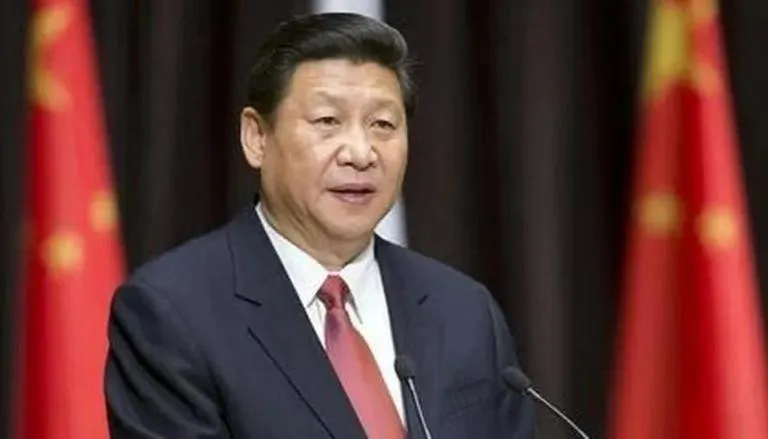The World Health Organization (WHO) and some of its partner agencies have revealed that around 18 million doses of the first malaria vaccine would be delivered to 12 African countries.
WHO, in conjunction with the United Nations Children’s Fund (UNICEF) and the Vaccine Alliance, said the vaccine recipients would include Uganda by 2025.
WHO chief, Tedros Adhanom Ghebreyesus told a briefing that “Malaria remains one of Africa’s deadliest diseases, killing nearly half a million children under the age of five every year.”
“It has been shown to be safe and effective, resulting in a substantial reduction in severe malaria and a fall in child deaths,” Tedros said.
Malaria is a disease caused by a parasite. The parasite is spread to humans through the bites of infected mosquitoes. In 2021, 96 percent of the world’s malaria deaths occurred in Africa.
More than 1.7 million kids in three African nations — Ghana, Kenya, and Malawi — have already received the Mosquirix vaccine created by British pharmaceutical behemoth, GSK as part of a test program.
The health organizations announced in a statement that although nearly 30 African countries had said they wanted to receive doses, nine nations would receive supplies in addition to the three test countries, which would continue to receive doses.
They are Benin, Burkina Faso, Burundi, Cameroon, the Democratic Republic of Congo, Liberia, Niger, Sierra Leone, and Uganda.
The director of the WHO’s immunization and vaccines division, Kate O’Brien said, “It’s really important to remember nearly every minute a child dies of malaria… (vaccines are) an additional tool in the toolbox to fight against the severe disease, the deaths that occur.”
By 2026, 40–60 million doses of the malaria vaccine will be required annually, and by 2030, 80–100 million doses will be required, according to estimates from the WHO, UNICEF, and Gavi.
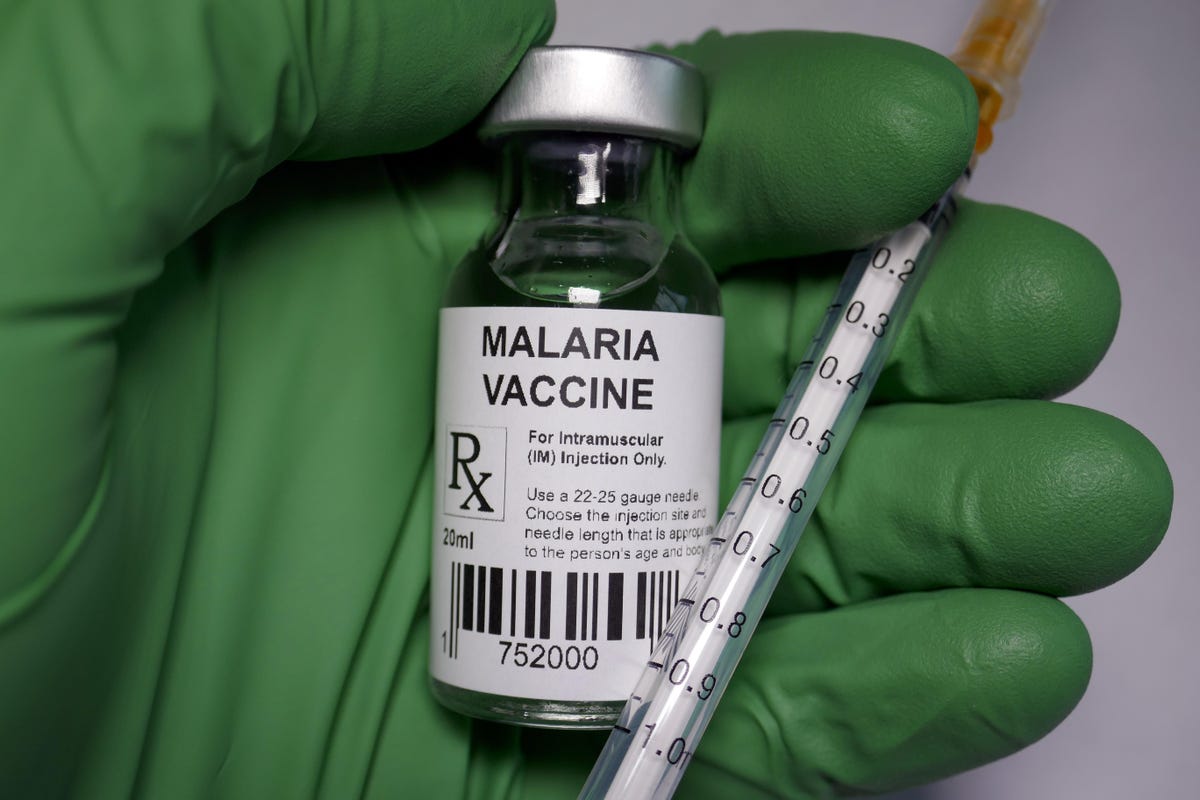

 Metro1 day ago
Metro1 day ago
 Musings From Abroad1 day ago
Musings From Abroad1 day ago
 Metro1 day ago
Metro1 day ago
 Sports1 day ago
Sports1 day ago

